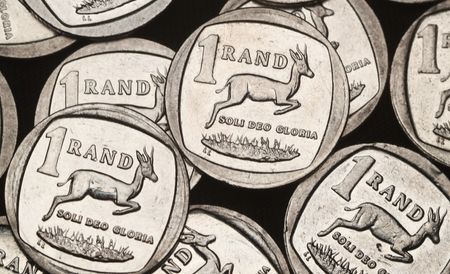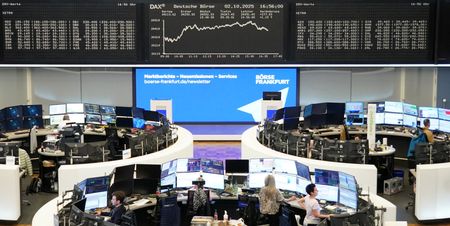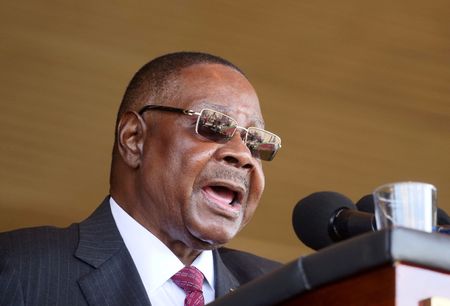By Karen Brettell
NEW YORK (Reuters) -The Japanese yen and euro weakened against the dollar on Monday on fiscal and political stability concerns after Japan’s ruling Liberal Democratic Party elected a new leader and France’s new government quit.
The yen declined after Japan’s ruling party picked conservative Sanae Takaichi, an advocate of late premier Shinzo Abe’s “Abenomics” strategy to boost the economy with aggressive spending and easy monetary policy, as its head on Saturday.
Her victory caused traders to reduce bets that the Bank of Japan will hike interest rates this month.
“It was unexpected that it was going to be Takaichi,” said Sarah Ying, head of FX strategy, FICC Strategy at CIBC Capital Markets in Toronto.
“There’s a little bit more focus on the back end of the curve now, just given that Takaichi is generally seen as a follower of Abenomics. The market expects a little bit more fiscal stimulus there.”
The dollar at one point rose more than 2% to 150.47 yen, its highest level since August 1. It was last up 1.64% at 149.86, and if sustained, that would be its biggest daily gain since May 12.
The euro reached 176.25 yen, the highest since the single currency was introduced in 1999. It was last up 1.28% at 175.38 yen.
The euro slid against the dollar and the pound, however, after France’s new Prime Minister Sebastien Lecornu and his government resigned on Monday, hours after Lecornu announced his cabinet line-up, making it the shortest-lived administration in modern French history.
“It’s not really too much of an existential crisis, it doesn’t look great domestically given especially what’s going on with the budget,” said Ying. “The biggest risk is really if (President) Macron resigns, but it doesn’t seem to be a high-risk scenario.”
The euro was last down 0.35% at $1.1699 and earlier reached $1.1649, the lowest since September 25. It also dipped against the pound to its lowest since September 18.
The dollar index rose 0.5% to 98.16.
Traders are waiting for signs that the U.S. federal government will reopen, with Congress so far unable to pass a bill to continue funding operations.
The shutdown is leaving a void of U.S. economic data, with last Friday’s closely watched monthly jobs report for September delayed along with other key releases until the government reopens.
The Federal Reserve is widely expected to cut rates again by 25 basis points at its October 28-29 meeting, following data that shows a weakening labor market.
Traders are also pricing in 82% odds of an additional cut in December, according to the CME Group’s FedWatch Tool, though this will likely depend on data released before then.
In cryptocurrencies, bitcoin was last up 1.98% at $125,208, after reaching a record high of $125,653 on Sunday.
(Reporting by Karen Brettell; Additional reporting by Gregor Stuart Hunter and Alun John; Editing by Susan Fenton)











